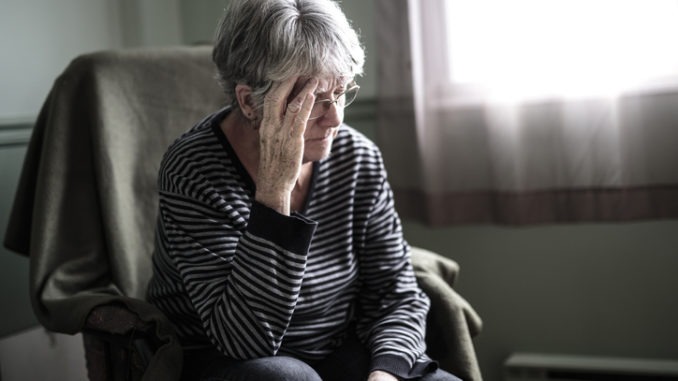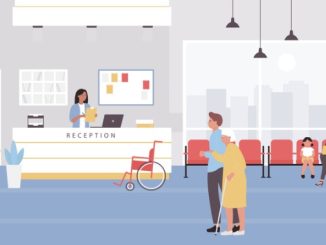
As reported by BBC news, self-harm among the over-65s must receive greater focus because of the increased risks associated with the pandemic, a leading expert has said
Loneliness, bereavement and reluctance to access GPs can all be causes in older adults, said Prof Nav Kapur, who has produced guidelines on the subject. He warned that in over-65s, without the right help, self-harm can also be a predictor of later suicide attempts. The NHS’s mental health director said it had expanded its community support.
Claire Murdoch added that its services, including face-to-face appointments, had “continued for all who needed them”, and 24/7 crisis lines had been established. Over-65s are hospitalised more than 5,000 times a year in England because of self-harm and self-poisoning, figures obtained from NHS Digital show.
Wendy, 68, told the BBC that the pressures of the pandemic had led her to self-harm. She said her mother’s severe ill health with COVID, feelings of isolation and difficulty accessing her GP have all caused an added mental toll. She added she felt like the weight of looking after her mother – who doctors initially said was unlikely to survive – was “on my shoulders”.
“Trying to get her care sorted [once she left hospital] was when I felt at my most delicate,” she explained, trying to hold back the tears.
“I was falling apart underneath… And that was when I ended up harming myself.”
Prof Kapur, from the University of Manchester, developed the National Institute for Health and Care Excellence guidelines on self-harm and suicide prevention followed by the NHS.
He said it was important to challenge the perception “that self-harm doesn’t happen to older people”, and added it was vital that GPs, specialist mental health services and the voluntary sector work together to provide care for patients.
Prof Kapur warned that if older individuals don’t get support, it can leave them at a much greater risk of taking their own lives.
“In one of the studies we did, [we found that over-65s] who hurt themselves were about 150 times more likely to die by suicide than adults who hadn’t – and that was about three times higher than young people who hurt themselves.
“So highlighting that every episode of self-harm needs to be taken seriously, especially in older adults, is a really important clinical message.
“Even now, sometimes self-harm is regarded as a low-risk behaviour by clinicians.”
Wendy, from Northamptonshire, first struggled with self-harm in her early 20s.
For her, the support of friends, loved ones and medical professionals is vital – but hasn’t been as easy to obtain since the pandemic began. Her work volunteering as a street pastor and supporting homeless individuals – causes she feels passionately about – have had to be curtailed because of a mixture of lockdowns, and ill health from her own struggle with COVID. Her relationships have been affected too.
“I couldn’t see my partner because we live in separate houses,” she explained.
While she used to drop into her GP when thoughts of self-harm arose, she said the extra stresses placed on the health service have meant this has not been possible.


Be the first to comment